By Christopher Day
Technology and law are important to our field and constantly evolving. The struggle to keep learning and growing is not an easy one, but it is vital to keeping those outside the industry informed as to why machine shorthand reporting is the best value around. One area of growth many of us dread is public speaking or public presentation.
The NCRA STRONG Resource Library and all of the materials available to NCRA members can be overwhelming. “Where do I start?” Nobody can give you a perfect script, but if you take the time to follow some time-tested tips, you’re on your way to a great presentation.
- Speak up! How many times have you witnessed someone with something important to say struggling to say it? When all else fails, slow down, speak loudly, and speak clearly. Even if the people you’re communicating with do not agree with you, it is paramount that they understand you and that your message is heard.
- Practice. Speaking and presentation is a skill that you develop just like steno. Don’t be afraid to create a script or a list of points. If you have a script, practice how you want to say what you want to say. You can also take the time out to imagine how you’ll transition from a missed line or “mess up.”
- Be succinct. In our work we don’t get to talk very often, so when the time comes to be a speaker, we have a lot to say. If you’re at a planned event, try to remember your planning and practice. If you’re speaking without any chance to prepare, try to boil down what you want to say to its main points and hit those. Fewer words mean fewer chances to be misunderstood.
- Keep it simple, stenographer! Remember that your audience may have zero understanding of court reporting even if they work with court reporters every single day. It can be beneficial to keep as much industry jargon out of the conversation as possible and focus on the easiest way to say your message so that the audience remembers it and is able to repeat it.
- Beware backgrounds. Particularly in the remote age, checking your background is vital. You do not want anything in a background that might distract the audience from you or cause them to take you less seriously. Things that move, sparkle, or seem out of place will draw eyes and attention off you.
- Wardrobe awareness. Arguably more important than anything in your background, pay a little attention to what you wear and who your intended audience will be. For example, in some settings it may be appropriate to speak to people on the street or in casual clothes. That said, generally, you want to dress professionally, have some contrast with your background, and look authoritative.
- Debate smartly. Read about the topic you’ll be presenting on and events surrounding it. If the public speaking event has an opportunity for audience or panelist interaction, there’s a possibility of someone heckling you and/or bringing up a point you simply don’t know about. You do not have to “win” on all points or address every point. You can acknowledge someone, let them know you hadn’t heard about the fact they are asserting or considered it, and move to your next points without the interruption taking control of your speech or topic. Never be impolite, but don’t let a heckling audience member or a debate opponent draw you into a “Gish gallop” where you feel pressured to respond to lots of minor arguments instead of addressing major topics.
- Self-care saves presentations. You need to set yourself up for success. That might take the form of a full night of sleep, scheduling a medication regimen around an event, or asking for appropriate accommodations. There is at least one study that suggests lack of sleep can lead to cognitive impairment comparable to driving while drunk! Take your sleep habits seriously and make sure your energy levels are high.
- Keep calm. When we have to use a skill that we’re not masters at, there can be a nervousness that isn’t present when we’re doing something we’ve done a thousand times. This anxiety may make you want to speak too softly, too quickly, or with too much verbosity. Take a deep breath, slow yourself down, and take a mental note of how much time you have left. You can cut minor points to meet a timer. You cannot erase people’s memories of what’s said. Focus on what you’re saying and how you’re saying it, and don’t worry much about minor arguments or annoyances.
- Be unapologetically you. If you suffer from a disability or even if you just “mess up” on something, it’s okay to correct yourself and continue without drawing more attention to the issue. Many speakers get jammed up filling their speech with words like “I’m sorry” or “I’m bad at public speaking.” There’s no rule against sharing stuff with your audience, but remember that anything you share may take away from your main message. I’ve seen amazing and eloquent speakers with the skill to subvert this tip. They’ll be very upfront and start their speech off with a fact about themselves. It can be a successful tactic to share and make you more memorable. The idea is to avoid self-denigration. Most audiences are going in cold and won’t know you, so if you start with “I’m bad at this” or “I’m just winging it,” they may just tune out and say, “Then why bother listening?” Your message deserves better! Don’t give the audience reasons to doubt you.
I have struggled tremendously with public speaking. I know I’m not alone. But being on STRONG has shown me how powerful reporters are. I see that we are all “steno strong.” I see that we all have the capacity to present and be ambassadors of our field. The only question I have is: How many readers will have the courage and commitment to seek advice, speak out, and develop speaking skills?
Christopher Day, RPR, is an official court reporter from Staten Island, N.Y., and a member of the NCRA STRONG Committee. He can be reached at christopherday227@gmail.com.
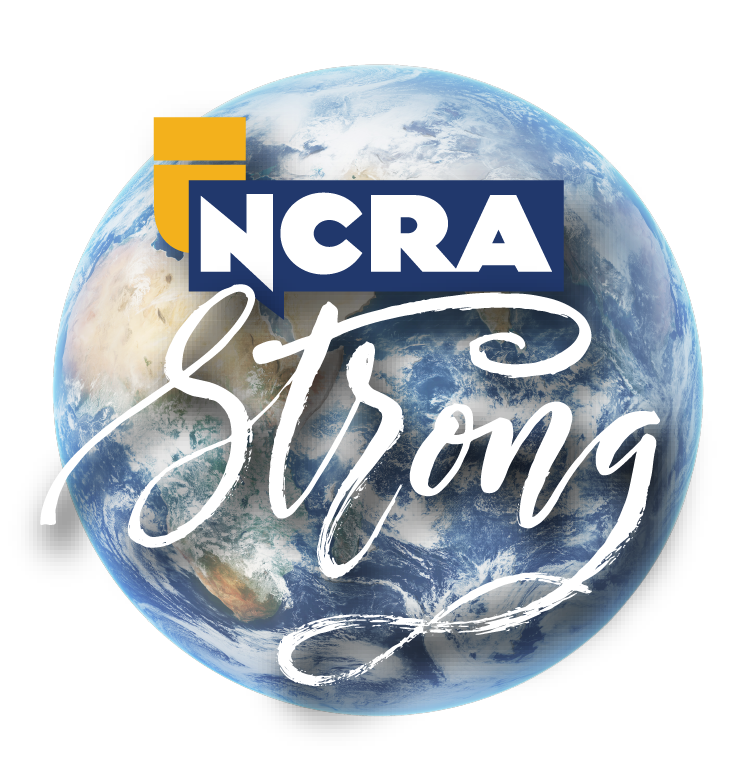





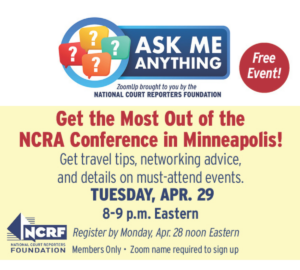
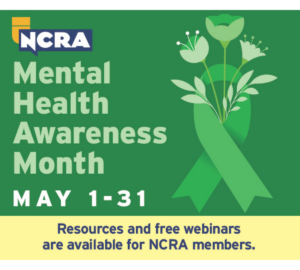




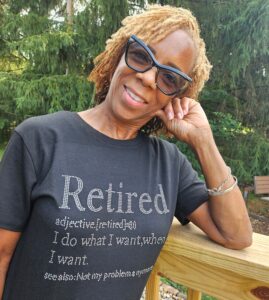
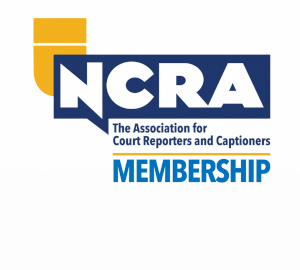
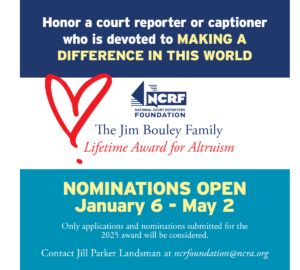
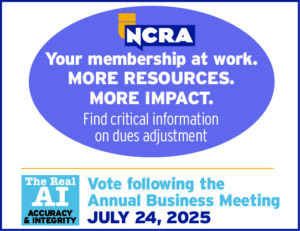
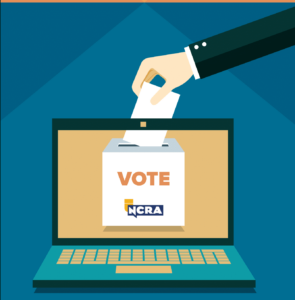
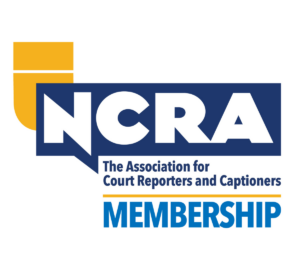
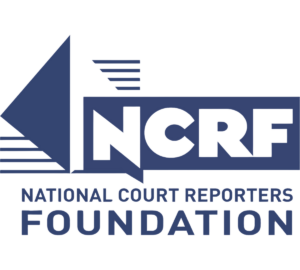
[…] Record Project. Even reporters that have never engaged in any kind of public speaking can pick up valuable tips on how to educate the public about why stenographic reporting is necessary. Lawyers, litigants, and […]